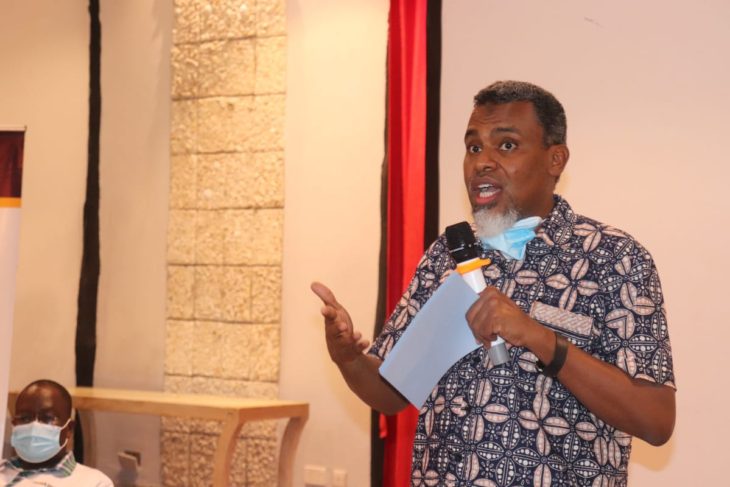NAIROBI, Kenya, Jul 8- The ‘dead speak’. But what happens when religion and science cross paths?
Kenyan scholars, law enforcers and Muslim religious leaders have started a debate on whether the body of a person who professed Islam should undergo a postmortem examination, to establish the cause of death.
This is amidst increasing cases of Muslim faithful declining to allow an autopsy to be conducted on the body of their kin in Kenya.
In Islam, burial is usually within 24 hours of death.
The recent debate on the ‘sensitive’ topic was during a conference hosted by lobby group Haki Africa. It was attended by Director of Public Prosecutions Noordin Haji, medical experts and legal minds.
“I am fully aware that this is a sensitive discussion and I thank each and every one of you for your commitment to be part of it,” the DPP said during the conference.
“This is a great initiative on our part and may the Almighty reward us all for assembling here for the purpose of arriving at an understanding on the issue of autopsy in Islam and the dispensation of Justice to Muslim victims.”
The DPP said there is need for collaboration with the criminal justice sector, in a bid to ensure justice is administered to victims of murder or manslaughter.
“The criminal justice system is anchored by law to provide all citizens with the necessary avenues to access justice in criminal matters. While the judiciary is at the apex of administering justice by interpreting and applying the rule of law in criminal proceedings, the police and prosecutors play an equally important role in the investigation and prosecution of crimes,” the DPP said.

For justice to be served in case of murder, he said investigators must be able to prove beyond a reasonable doubt that the accused person committed the unlawful act with malice aforethought, that the accused person committed the unlawful act that led to death and the death of the deceased and the cause of death.
“Since corpses cannot talk and give details of what transpired, a postmortem examination is often required to ascertain the cause of death,” he said.
In murder cases, the importance of performing a postmortem examination or an autopsy is to determine the cause of death.
“It is the only way courts will make a conclusive decision whether the victim died a natural or unnatural death. It is undoubtedly a key ingredient in prosecuting murder cases and in the absence of postmortem examinations, it becomes very difficult for the prosecution to prove beyond reasonable doubt that murder was committed,” the DPP affirmed.
Lately, he confirmed that the ODPP has been receiving cases where Muslim faithful have declined to allow an autopsy to be performed on the body of their loved one.
In all these instances, he said those against autopsy have cited religious reasons.
This is largely because in Islam, the faithful are encouraged to bury the dead “as soon as possible after death.”
This means allowing an autopsy to be conducted may result in delayed or postponed burials and violation or damage to the body of the deceased.
“This definitely presents a problem for religious Muslims,” he pointed out.
He said in circumstances where conducting an autopsy will ensure the administration of justice, “then we should allow this to be done whilst observing the dignity and respect for the body of the deceased and their religion.”
Want to send us a story? Contact Shahidi News Tel: +254115512797 (Mobile & WhatsApp)


